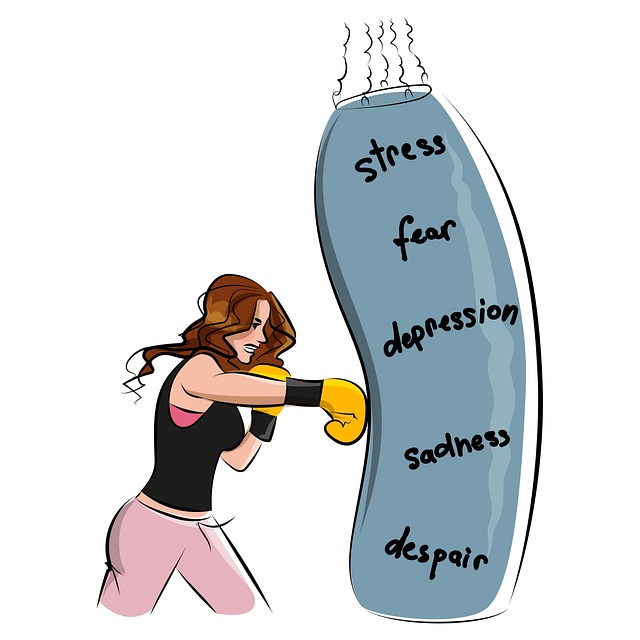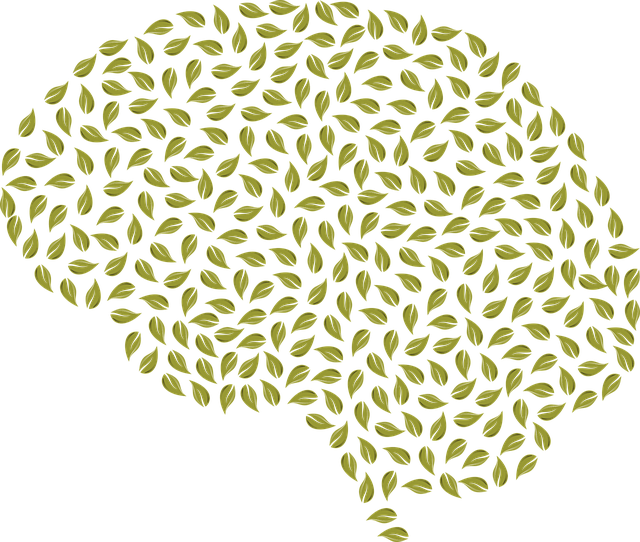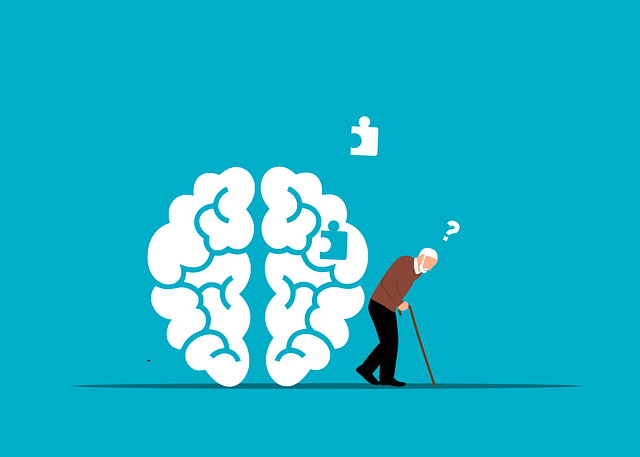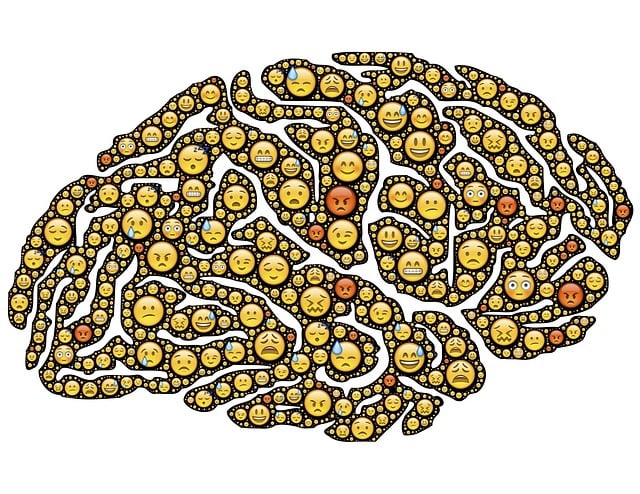Stress management is crucial for mental and physical health, especially in today's fast-paced world. Triggers like demanding jobs, financial worries, and personal relationships can lead to elevated stress hormone levels over time, causing issues such as anxiety, depression, and physical ailments. Recognizing these signs is key to seeking support. Wheat Ridge EMDR Certified Therapy, Self-Awareness Exercises, and Stress Management Workshops offer evidence-based solutions. EMDR reprocesses traumatic memories, while Compassion Cultivation Practices (CCP) foster kindness and emotional resilience. Combining regular exercise, mindful nutrition, and therapy builds resilience against chronic stress, empowering individuals to navigate life's challenges with enhanced well-being.
Stress management is a vital skill in today’s fast-paced world. This comprehensive guide delves into effective techniques to navigate and overcome stress, offering a holistic approach to well-being. We explore the intricate web of stress, its causes, and consequences, highlighting the power of EMDR therapy, a revolutionary method backed by Wheat Ridge EMDR Certified Therapists. Additionally, discover everyday practices for relaxation, mindfulness, and self-care, alongside evidence-based strategies for long-term resilience building.
- Understanding Stress: Unraveling the Causes and Effects
- EMDR Therapy: A Powerful Tool for Stress Management
- Techniques for Daily Relaxation and Mindfulness
- The Role of Physical Activity and Nutrition in Stress Reduction
- Building Resilience: Strategies for Long-Term Stress Coping
Understanding Stress: Unraveling the Causes and Effects

Stress is a complex psychological and physiological response that can stem from various sources. Understanding what causes stress and how it affects individuals is a crucial first step in learning to manage it effectively. In today’s fast-paced world, factors like demanding jobs, crowded schedules, financial worries, or personal relationships can all contribute to elevated stress levels. These triggers often lead to the release of stress hormones, such as cortisol, which over time can have detrimental effects on both mental and physical health.
The impact of chronic stress may manifest in numerous ways, including increased anxiety, depression, fatigue, difficulties concentrating, and even physical ailments like high blood pressure or weakened immune function. Recognizing these signs is essential, as it allows individuals to seek appropriate support. Techniques like Wheat Ridge EMDR Certified Therapy offer evidence-based approaches to process and alleviate the effects of traumatic or stressful events. Additionally, engaging in Self-Awareness Exercises and participating in Stress Management Workshops organized by dedicated organizations can empower people to take charge of their well-being through Community Outreach Program Implementations tailored to their unique needs.
EMDR Therapy: A Powerful Tool for Stress Management

EMDR Therapy stands as a powerful tool within the realm of stress management, particularly effective for those seeking relief from traumatic memories and associated anxiety. This innovative approach, recognized globally through certifications like Wheat Ridge EMDR Certified Therapy, focuses on the connection between distressing memories, thoughts, feelings, and behaviors. By tapping into the brain’s natural information processing mechanisms, it facilitates a profound healing process.
This therapy encourages self-awareness exercises, enabling individuals to gain a deeper understanding of their emotional responses. This heightened self-awareness is pivotal in preventing depression and managing stress triggers effectively. Mental health awareness benefits immensely from EMDR as it reprocesses traumatic memories, transforming them from debilitating anchors into manageable aspects of one’s past.
Techniques for Daily Relaxation and Mindfulness

In today’s fast-paced world, finding moments of peace and tranquility is essential for overall well-being. Incorporating daily relaxation and mindfulness practices into your routine can be a game-changer in managing stress. One effective approach is to engage in regular Compassion Cultivation Practices (CCP), which involve cultivating kindness and understanding towards oneself and others. This simple yet profound practice has been shown to reduce stress, enhance emotional resilience, and improve self-esteem—all crucial aspects of mental health.
Additionally, Wheat Ridge EMDR Certified Therapy offers a unique perspective on relaxation and mindfulness. Eye Movement Desensitization and Reprocessing (EMDR) is a highly effective technique that helps individuals process traumatic memories and emotions, leading to improved mood management. By combining CCP with EMDR, individuals can explore and release underlying emotional blocks, fostering a deeper sense of calm and clarity. These practices, when integrated into daily life, can create a powerful synergy for managing stress and promoting overall mental well-being.
The Role of Physical Activity and Nutrition in Stress Reduction

Incorporating regular physical activity into your routine is a powerful tool for stress management. Exercise releases endorphins, often referred to as ‘feel-good’ hormones, which act as natural painkillers and promote relaxation. Activities like walking, yoga, or even dancing can help reduce tension, improve mood, and enhance overall well-being. This is especially beneficial in Wheat Ridge EMDR Certified Therapy settings where managing stress is crucial for both therapists and clients.
Nutrition plays a significant role in mental health too. A balanced diet contributes to stable blood sugar levels, which can affect mood and energy. Foods rich in omega-3 fatty acids, vitamins B and D, and magnesium are known to support brain health and reduce anxiety. Combining physical activity with mindful eating practices, such as Mindfulness Meditation or Self-Awareness Exercises, can create a holistic stress reduction strategy. This approach addresses both the mind and body, offering an effective way to manage stress and promote mental resilience.
Building Resilience: Strategies for Long-Term Stress Coping

Building resilience is a key component of long-term stress management. Wheat Ridge EMDR Certified Therapy offers effective strategies to help individuals cope with chronic stress. Through this therapeutic approach, clients learn to reframe negative thought patterns and develop healthier coping mechanisms. By integrating empathy building strategies, therapists facilitate a deeper understanding of one’s emotional responses, empowering individuals to navigate stressful situations more effectively.
In addition to individual therapy, community outreach program implementation plays a vital role in fostering resilience. Group sessions provide a supportive environment where participants can share experiences, exchange coping techniques, and build social connections. These collective efforts enhance an individual’s ability to manage stress over time, promoting overall well-being and a sense of control in the face of life’s challenges.
Incorporating effective stress management techniques, such as those explored through Wheat Ridge EMDR Certified Therapy, understanding the causes and effects of stress, adopting daily relaxation practices, and prioritizing physical well-being, can significantly enhance our ability to cope with life’s challenges. Building resilience through these strategies enables us not only to navigate stressful situations more effectively but also to foster a greater sense of calm and empowerment in our daily lives. By integrating these concepts into our routines, we can transform stress from a debilitating force into a manageable aspect of our human experience.














